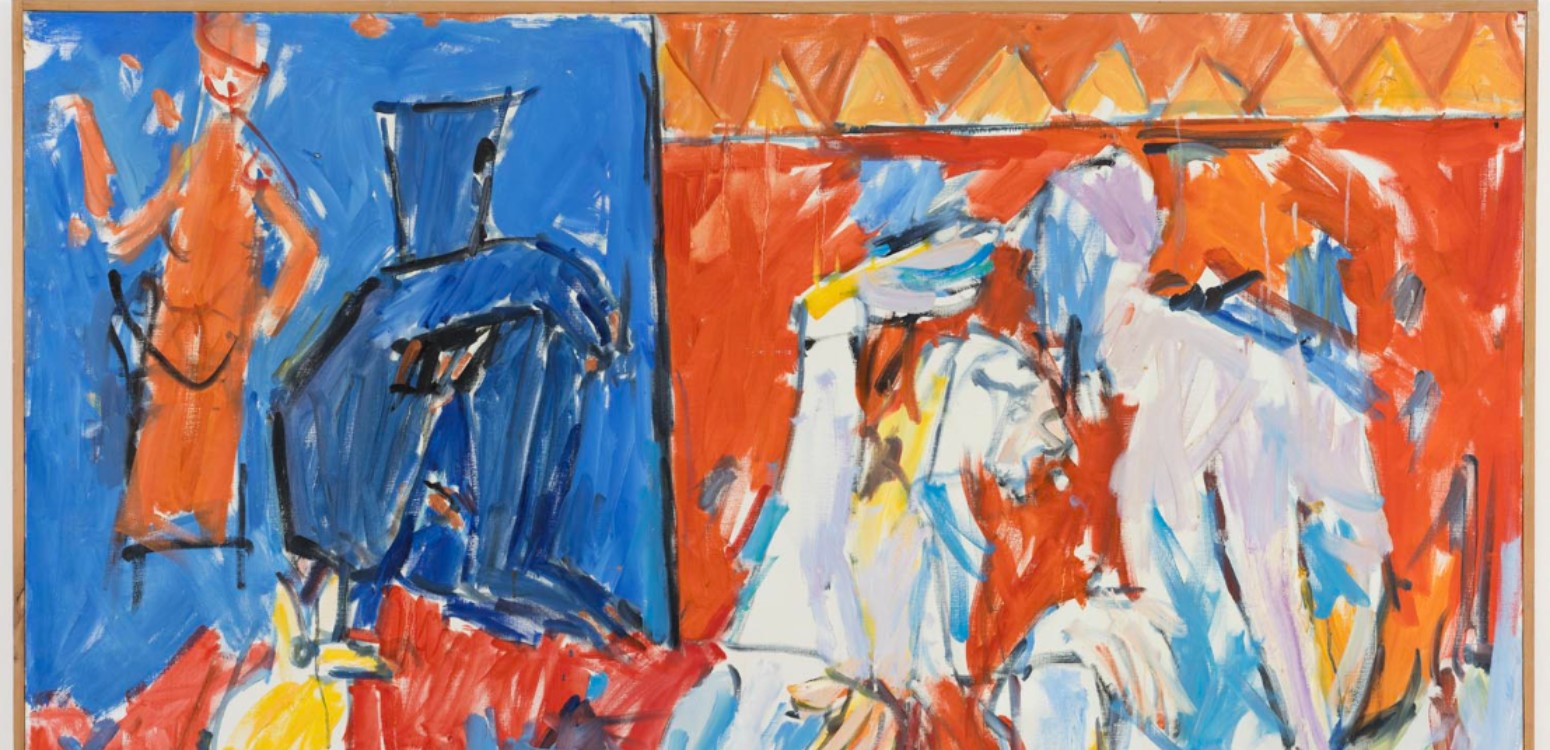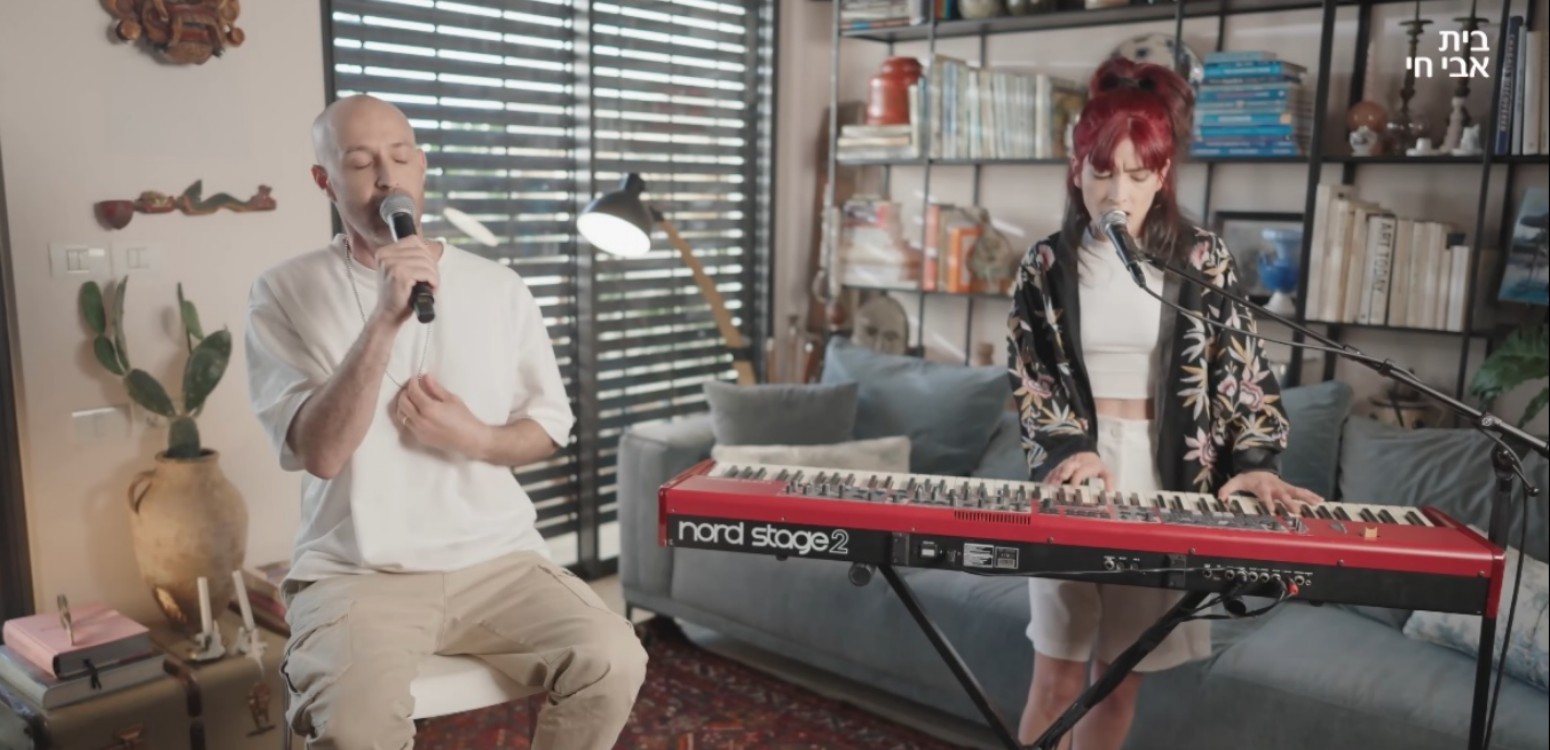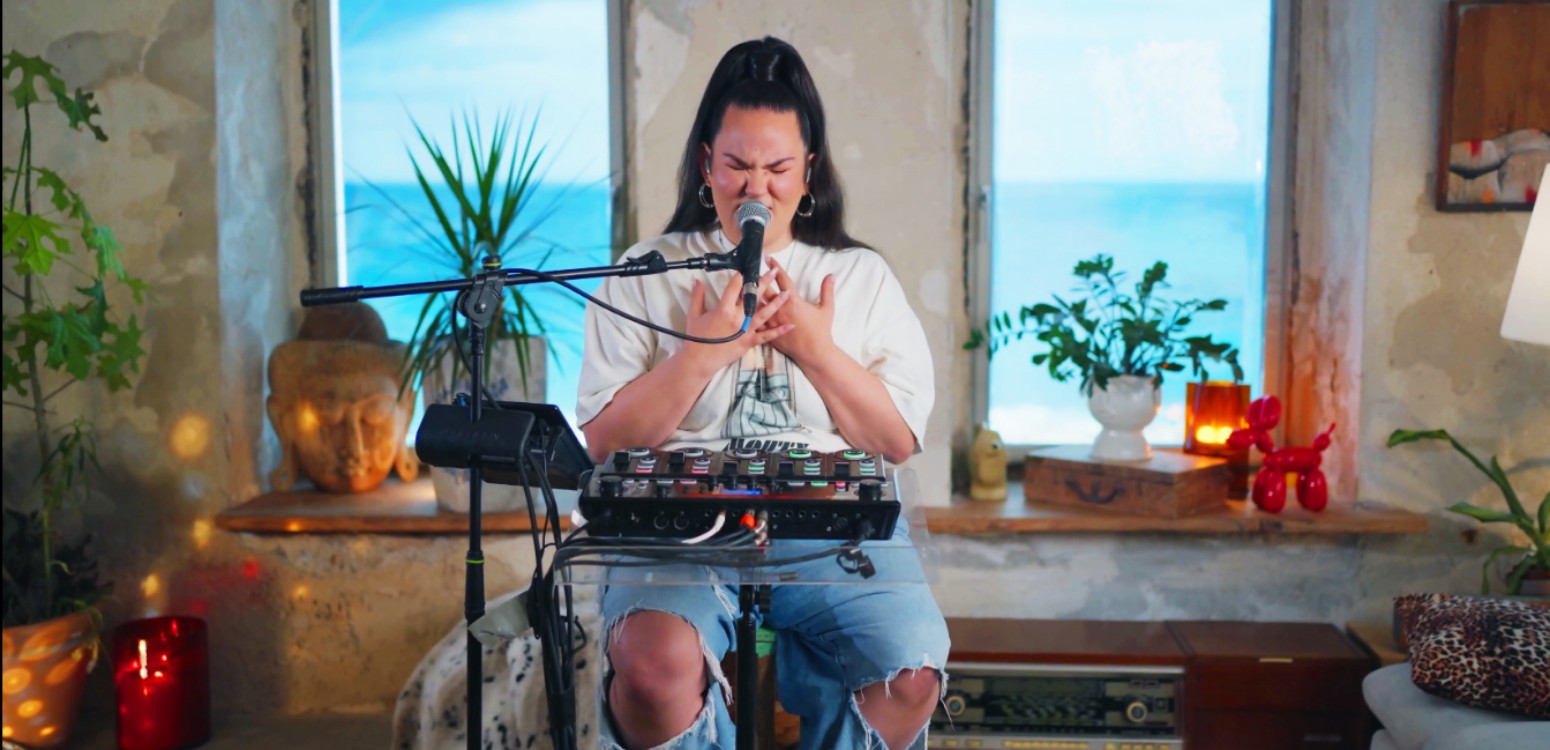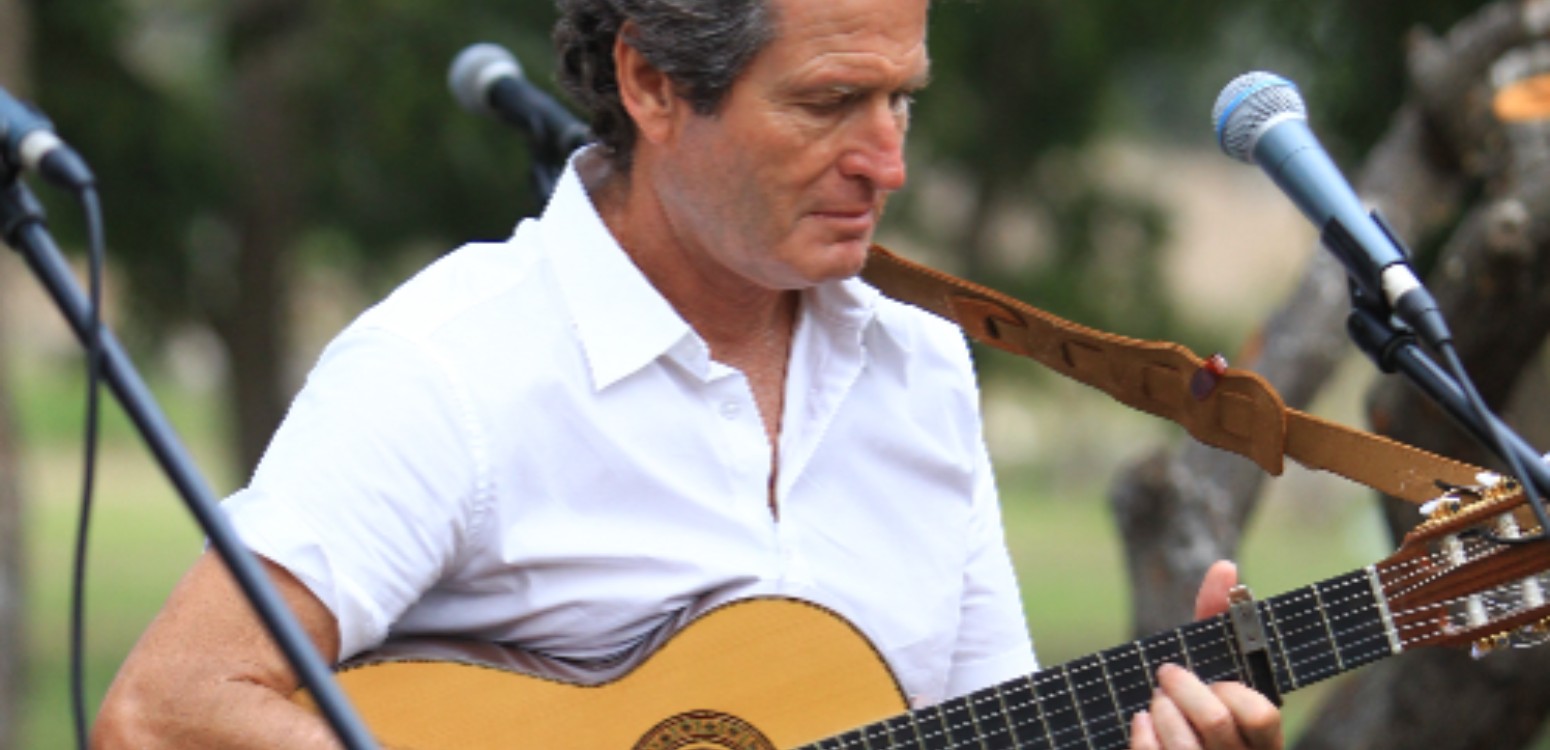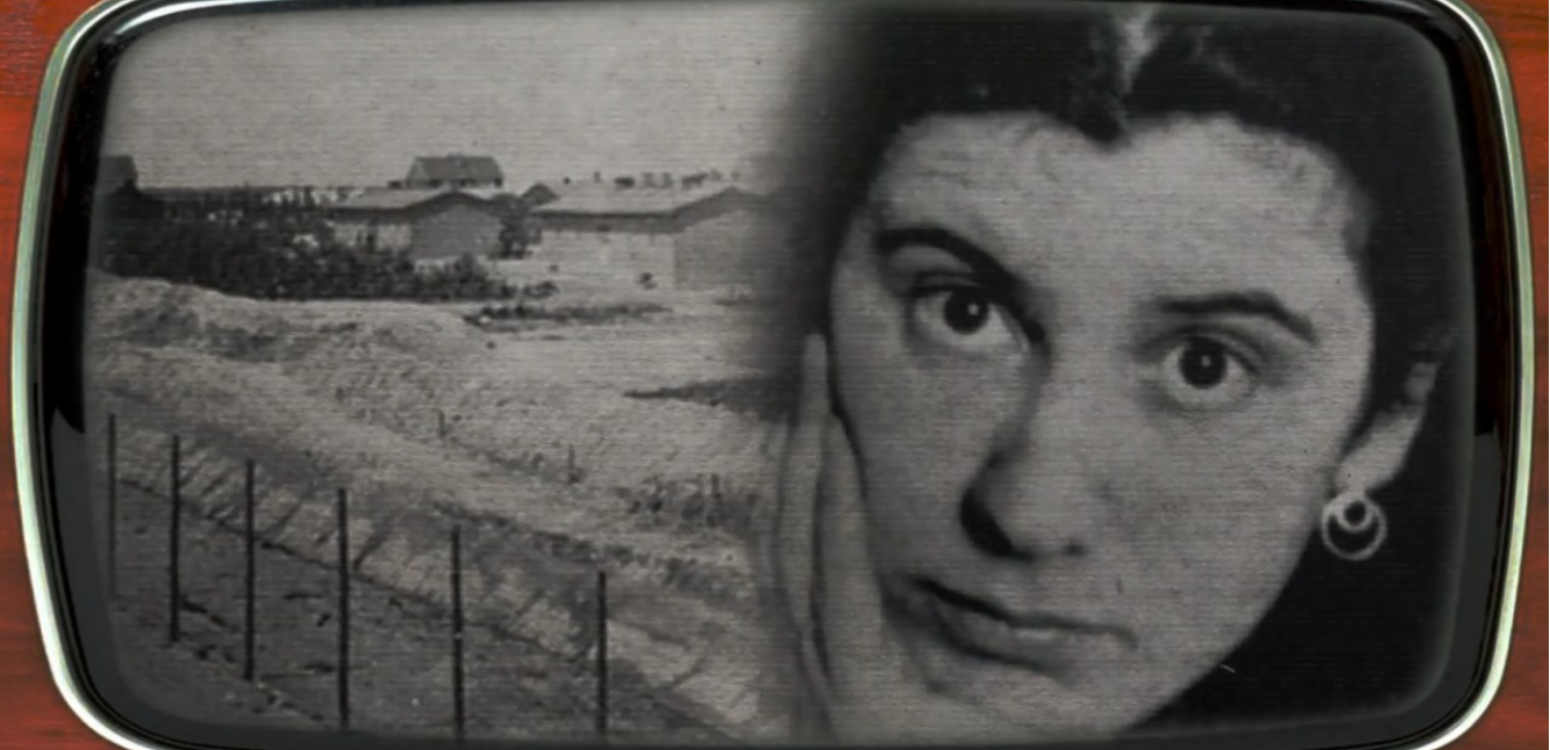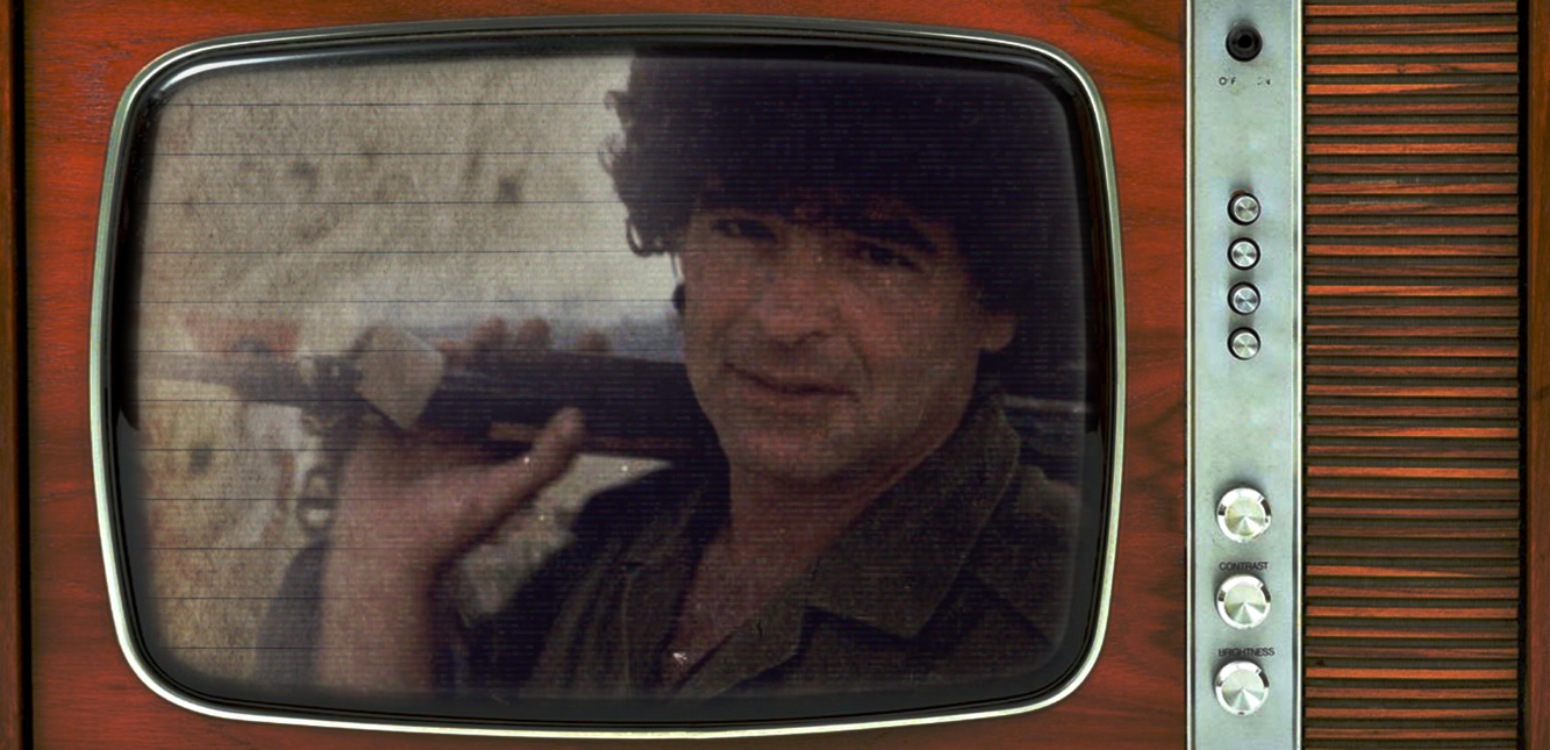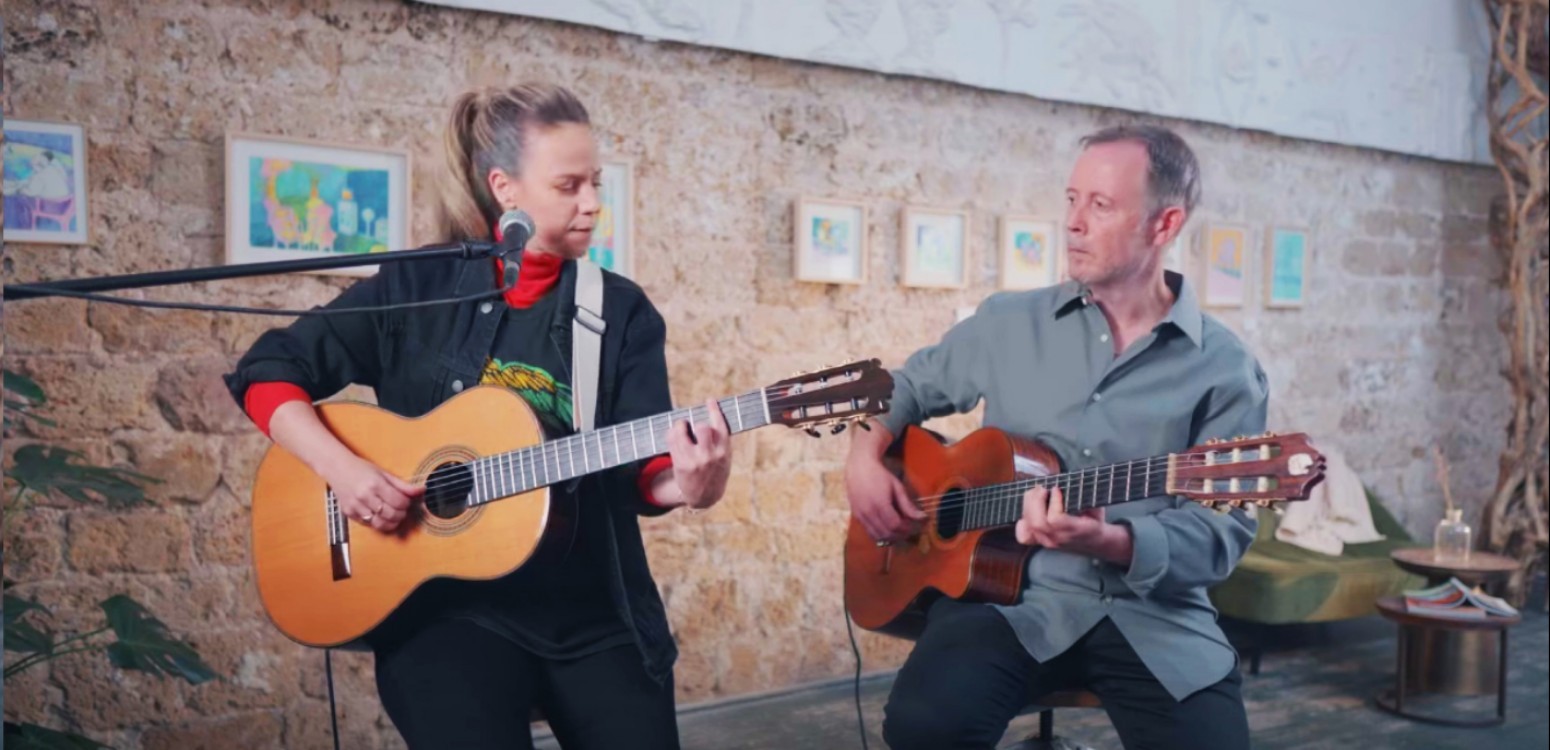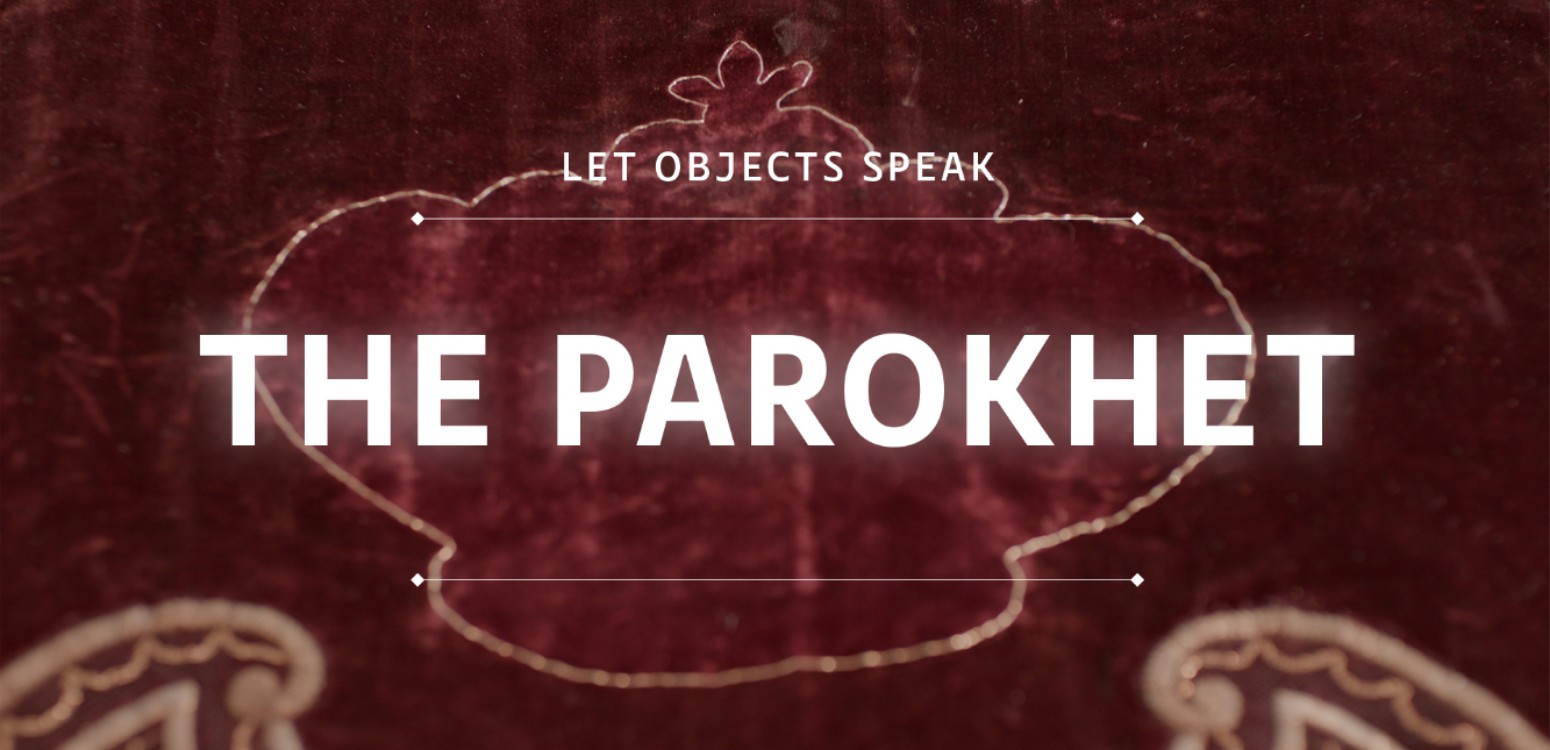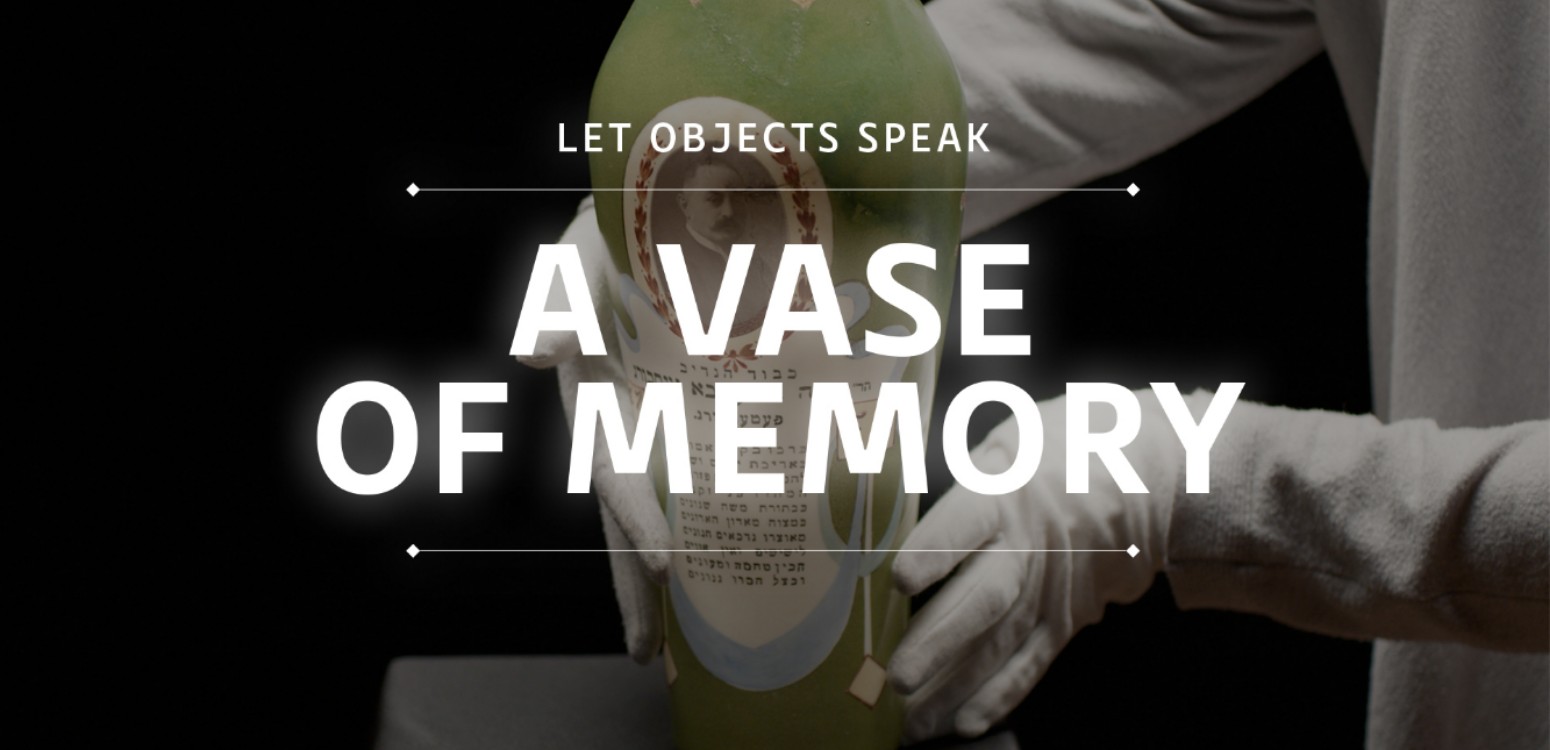
Hamas’ brutal assault on southern Israel on October 7 was a devastating experience for Israelis. Over 1,200 people were killed and more than 240 were kidnapped in the attack, which dealt a brutal blow to our national psyche. Jews abroad were also affected, as antisemitism surged in the wake of the war, spilling over onto streets and, notoriously, onto campuses too across Europe and the United States.
For many young Israeli shlichim, or emissaries, working with Jewish students at universities abroad, the shock of October 7 was twofold, forcing them to grapple both with their own personal loses and with the anti-Israel atmosphere flourishing around them, thousands of miles from home.
“Anyone dealing with the world of the Diaspora understands that it is changing a lot,” Hadas Wolff, who runs Beit Avi Chai’s Diaspora-focused educational programs, explains. “Each community is now dealing with this crashing of their own conceptions. They’re worried about the reality on college campuses; we’ve started hearing about physical safety being an issue.”
In recent weeks, the United States has seen a spate of antisemitic incidents, including hundreds of bomb threats against synagogues. At New York City’s Cooper Union, Jewish students were forced to lock themselves in the college library while demonstrators banged on the doors, shouting “Free Palestine.”
It was with this in mind that Beit Avi Chai launched “Protected Spaces.” Named after Merchav Mugan—a reinforced structure where people can take shelter from incoming rockets—the program is intended to “offer a safe space” where participants can use art as a tool “to process reality as it is now,” Wolff says.
So far, sessions have included a storytelling workshop with 45 teachers from around the world organized through the World Zionist Organization and a virtual workshop for campus emissaries working for the Jewish Agency, some of whom have had to “go to campuses with a guard,” Wolff recalls.
Further sessions are planned with the Jewish Federations of North America, the religious-Zionist group Mizrahi, and other organizations.
“We’re not doing hasbara (pro-Israel advocacy). We hope to offer a space for people in the Diaspora to share and process their emotions and to workshop how you tell a story in these broken days,” Wolff adds.
“Hopefully, when you are creating something and have necessary tools for it, it gives you the space to analyze what you are going through and helps you understand what you should be doing.”
Among the techniques being used in the classes is blackout poetry, a technique in which people searching for a way to express their feelings can black out words on a page full of text to create meaning.
“'It was the first time I had the words to express my feelings about what has been happening,’” Wolff recalls one teacher exclaiming after a session. “Our focus is to offer new tools in order to process events and an educational framework to understand where we are standing at the moment. And what we saw in the sessions is that for campus emissaries it is vital to have this virtual space that was in Hebrew and was also safe.”
Main photo: Envato Elements
Also at Beit Avi Chai

